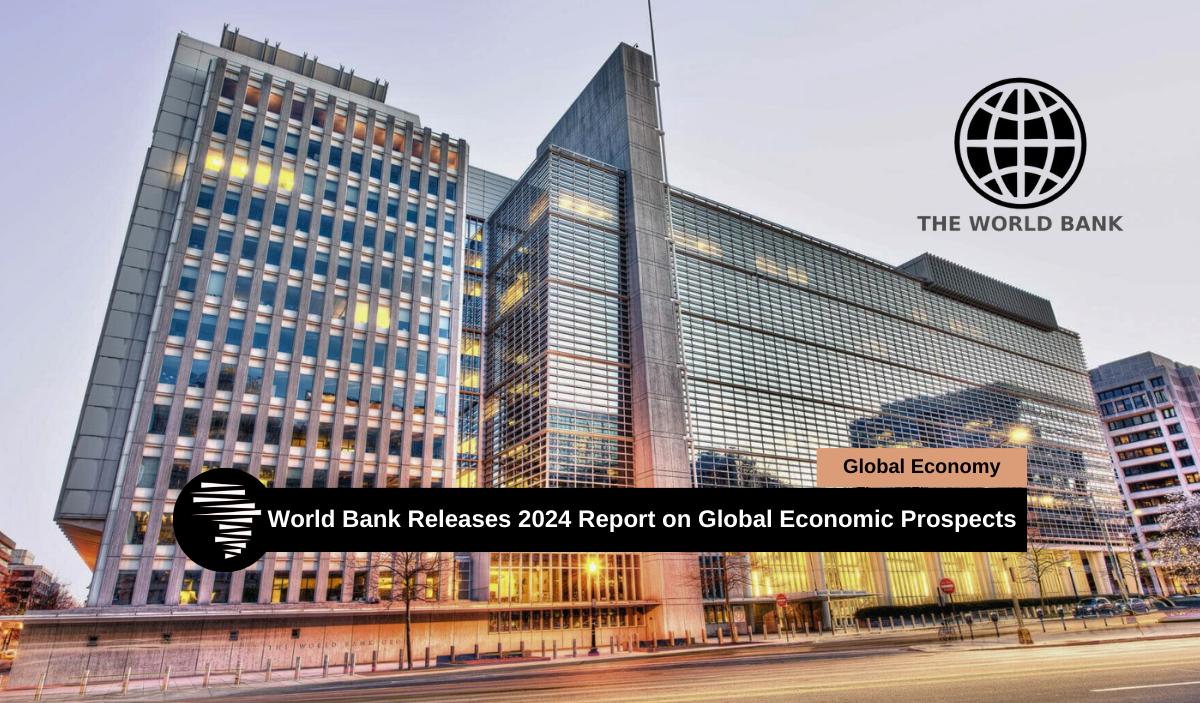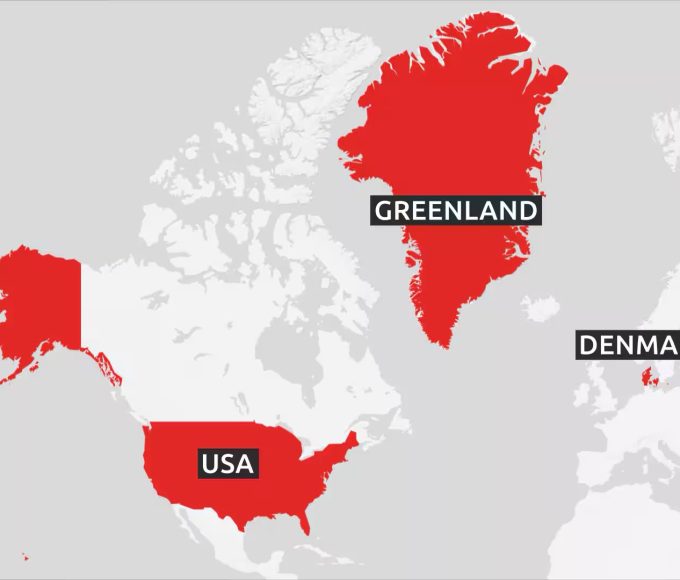
As the year 2024 begins, the World Bank, in its first batch of 2024 Global Economic Prospects Reports, released an in-depth report analyzing what National Governments can do to increase their investment, while the second batch is expected to go public in the second half of the year, June 2024.
The World Bank Global Economic Report of 2024 zooms in on the states of low-income countries and explains countries with economic growth, yet provides a general review of the global economy in terms of growth and development.
Although the GER bothers on the Global economic shortfall due to what World Bank Deputy Chief Economist Ayhak Kose considered as the midpoint of what should’ve been a transformative decade for development, the global economy is set for the weakest half-decade performance in 30 years—when extreme poverty was to be extinguished, when major communicable diseases were to be eradicated, and when greenhouse-gas emissions were to be cut nearly in half.
What looms instead is a wretched milestone: the weakest global growth performance of any half-decade since the 1990s, with people in one out of every four developing economies poorer than they were before the pandemic.
What this implies is that, due to weak international trade and investment, tight monetary policy, and constrictive financial circumstances, global GDP is predicted to slow down even further this year. Part of the cause is the worsening situation of the current Middle East conflict, financial strain, ongoing inflation, trade fragmentation, and natural disasters linked to climate change are examples of downside risks contributing to its weakest half-decade performance.
Global growth is expected to slow for a third year in a row—to 2.4 percent—before ticking up to 2.7 percent in 2025. Those rates, however,
would still be far below the 3.1 percent average of the 2010s. Per-capita investment growth in 2023 and 2024 is expected to average just 3.7 percent—barely half the average of the previous two decades. Without corrective action, global growth will remain well below potential for the remainder of the 2020s.
However, in order to address climate change, ease food insecurity, ease trade integration, and relieve debt, international collaboration is required. Commodity exporters in emerging market and developing countries (EMDEs) are still struggling with the procyclical and volatile nature of fiscal policy. Appropriate macroeconomic and structural policies, as well as properly operating institutions, are essential for enhancing investment and long-term prospects in all EMDEs.
Essentially, the subdued growth can be traced to the multiple challenges facing the World Global Economy and broken promises by World governments to meet the “unprecedented” goal by 2030: “to end poverty and
hunger everywhere; to combat inequalities within and among countries;…and to ensure the lasting protection of the planet and its natural resources.”.
Nonetheless, the forecasts in this report are dismal, yet its policy analysis provides a sense of hope in the Global Market as 2030 is still a long year for emerging markets and developing economies to regain some of their economic shortfalls if their government act now towards a change in positive economic growth.
Global Economic Prospects: Sub-Saharan Africa
In Sub-Saharan Africa, recent developments in Africa’s economy have decelerated to an estimated 2.9 percent in 2023, which is 0.3 percentage points lower than projected in June. The three biggest economies in the continent, Angola, South Africa, and Nigeria, had their growth decrease to an average of 1.8 percent last year, which restrained the region’s overall growth. Growth in the other nations in the region slowed to 3.9 percent, in part due to a steep reduction in the growth of metal exporters and a drop in the price of metal globally. Furthermore, protracted and severe conflicts hindered development in a number of nations. Overall, declining foreign demand and tighter domestic policy to combat persistent inflation hindered post-pandemic recovery.
Regional Perspectives
From a regional perspective, Africa’s largest economy, Nigeria’s growth softened to an estimated 2.9 percent in the economy. This is due to the disruptive currency demonetization policy introduced into the economy pre-election by the now-suspended Central Bank Governor, Godwin Emefiele, which involved replacing old high-denomination naira notes with redesigned ones from December 2022 onward but was reversed in November 2023.
However, with Nigeria’s annual oil production rising after the decline, Nigeria is set to look at the risks of political instability and violence, such as increased intensification of the conflict in the Middle East, as it posts a disruption to global and local trade and production.
Essentially, Sub-Saharan Africa, on average, per capita income is projected to grow by a merger of 1.2 percent this year and an estimated value of 1.5 in 2025. Meanwhile, by 2025, per capita GDP will be about 30 percent of the region’s economies. With an estimated population growth of 250 million by 2025, Sub-Saharan Africa (SSA) may not have fully recovered to its pre-pandemic level.
This challenge implies that these regional economies in Sub-Saharan Africa will have lost several years in advancing their per capita income as projected in the World Bank Global Economic Prospects Reports of January 2024.
About The Author
Mayowa Durosinmi
author
M. Durosinmi is a West Africa Weekly investigative reporter covering Politics, Human Rights, Health, and Security in West Africa and the Sahel Region
Mayowa Durosinmi
M. Durosinmi is a West Africa Weekly investigative reporter covering Politics, Human Rights, Health, and Security in West Africa and the Sahel Region
Related Articles
Trump’s Greenland Threat Forces Europe to Taste the Logic of Western Colonial Power
It rarely begins with soldiers. More often, it begins with a sentence,...
ByWest Africa WeeklyJanuary 21, 2026The AFCON Final in Morocco and the Controversies That Followed
The Africa Cup of Nations final between hosts Morocco and Senegal ended...
ByWest Africa WeeklyJanuary 20, 2026Tinubu Government Claims Intelligence Cooperation With the US, Yet New York Times Publishes Conflicting Story Following $9 Million US Lobbying Effort
When the New York Times published its investigation suggesting that claims from...
ByWest Africa WeeklyJanuary 19, 2026Mali’s Transition Leader Attends Swearing-In of Guinea’s President Mamadi Doumbouya
Mali’s President of the Transition, General Assimi Goïta, represented the country in...
ByWest Africa WeeklyJanuary 19, 2026












